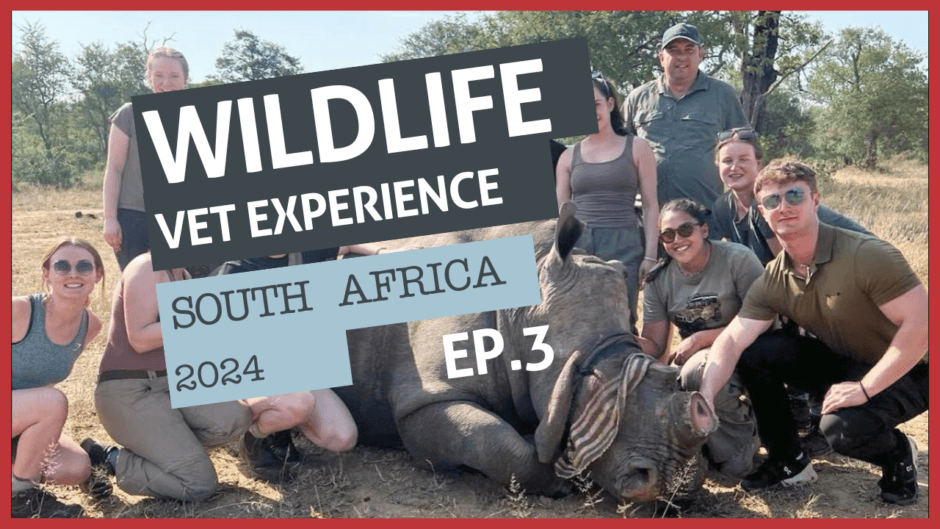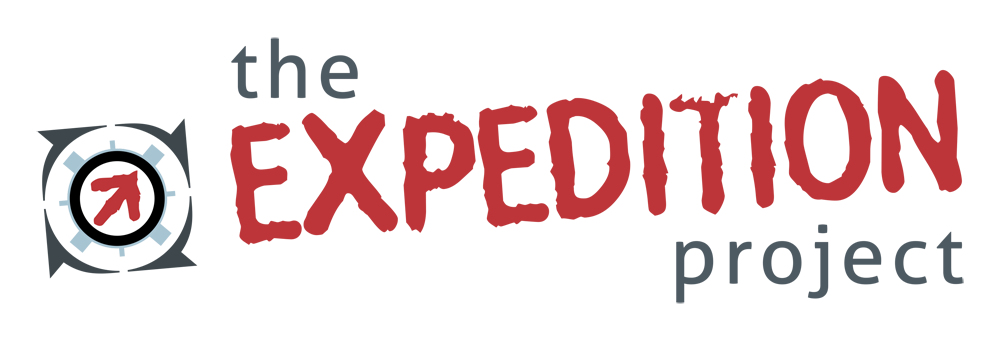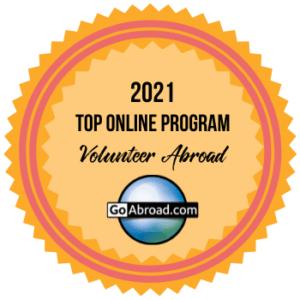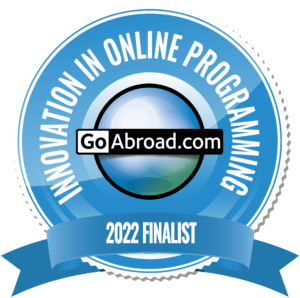In February this year (2024), myself (Laura) and 13 fellow veterinary students from the University of Nottingham had the incredible opportunity to travel to South Africa for our Wildlife Vet Experience, with SA World Vets and The Expedition Project.

This was an eye-opening, invaluable trip that allowed us to immerse ourselves in the role of a wildlife vet and gain a deeper understanding of conservation and veterinary work within South Africa. We were able to practice clinical skills that are useful across all fields of veterinary medicine, whilst having the privilege of learning from the best in a truly beautiful part of the world.

The majority of our work during the 2-week trip was undertaken with Dr. Chris Boshoff, a large game vet. ‘Bossie’ was an incredible man to work under, and threw us all in at the deep end, immediately getting us involved with his procedures and encouraging questions to ensure we were getting the most out of the experiences. Day to day we mainly worked with various species of antelope (such as Sable, Roanand Waterbuck), and Water Buffalo. This provided plenty of opportunities to practice both intramuscular and subcutaneous injections in a variety of anatomical sites, and often on animals with very thick skin. Every animal that was darted with sedation was given injections of antibiotic, dewormerand vitamins. Our group communicated well to ensure that everybody had chances to inject throughout the day. We also inserted microchips behind the ears, attached ear tags, and took hair plucks for DNA sampling. Those who were not administering medication were able to practice monitoring respiratory rate, and the general handling and restraint of large animals to ensure they were not in compromising positions during the procedures. Despite working with some unusual species compared to veterinary work in the UK, these clinical skills are those that we will likely use every day in our future careers as vets, regardless of the area we choose to work in, and so getting to practice in the field was extremely valuable. Furthermore, despite being on a different continent, there will always be cows! We were able to assist in pregnancy diagnosis ultrasounding and had the opportunity to practice rectal palpation, which I found extremely useful having had limited farm clinical experience so far. We also carried out a necropsy on a calf that had unfortunately died due to a brain parasite. This was a great test of our anatomy knowledge, and everybody got very hands-on, removing and incising into organs, and learning how to perform brain smears. In general, the big game work could be likened to ambulatory farm work in the UK, but no doubt far more exciting and beautiful!

Throughout the two weeks there were also various excursions and exciting opportunities to practice more clinical skills. One of our highlights of the trip was to assist in the trimming of rhino horns in a private reserve, and we were able to have very insightful and interesting conversations with Bossie and the conservationists on issues such as rhino horn legalization and trophy hunting. As an outsider, it is difficult to fully understand the complexity of these topics until you get first-hand experience and speak with those involved. We were very grateful for Bossie and the rhino owner to take the time to educate us on these topics. Another strong highlight was our two darting practicals undertaken in the second week – Bossiedemonstrated how the different types of darting gun operate and allowed us to practice shooting targets at various distances, including out of a helicopter! While initially quite a daunting task, everybody got stuck in and had an amazing time despite their nerves.

We visited the Hoedspruit Endangered Species Centre and Moholoholo Animal Rehabilitation Centre. Here we were able to participate in more husbandry-based tasks such as preparing feeds and cleaning, and have further discussions about anti-poaching, wildlife rehabilitation and conservation. We understood that as vets, it is important to visit these organisations in order to critically evaluate the work that they do. These visits also provided us with the ability to get very close to some incredible species! Another excursion was to the Hoedspruit Reptile Centre where we undertook an Advanced Reptile Medicine course, taught by the incredible Dr. Briner. This involved a long lecture of approx. 3 hours in which we learnt everything from basic taxonomy and husbandry of reptiles to common diseases, anaesthesia and surgery, and emergency first aid. Dr. Briner then hosted practicals in which we undertook the clinical examination of snakes and bearded dragons, practiced ectoparasite removal, and attended a necropsy of a snake, in which Dr. Briner talked us methodically through the whole process. We all felt that we learnt more about reptile medicine in one day than we had in 2-3 years of university teaching so far, and Dr. Briner was brilliant at answering all our questions!

Finally, we attended Hoedspruit Animal Outreach with Dr. Nina Boshoff. This was a really fun morning in which joined the team at HALO to provide free veterinary care to rural communities. We consulted on over 100 dogs, mainly the Africanis breed, and this was a fantastic opportunity to get experience in performing our own vaccination consultations and making clinical records, particularly for those of our group that had not done previous clinical placements. When presented with a dog, we would carry out a full physical examination, including checking the genital area for transmissible venereal tumours, and looking for and removing any ticks. We would then assess body condition score, administer dewormer and flea treatment, and give DHP and rabies vaccinations if required. We came across a few cases of more serious complaints, such as fractures, tick bite fever and mastitis, and these dogs were taken back to the HALO practice for treatment. This experience allowed us to practice these vital day one skills in a more relaxed environment and was so enjoyable!

Our Wildlife Vet Experience was certainly the trip of a lifetime. Not only were we staying in an incredible area, making so many amazing memories and forming strong new friendships, we were learning so much every day and getting to practice skills that we can take home with us and carry forward into our future careers. Every evening, we would gather around the firepit and have clinical discussions with Dr. Boshoff, encouraging us to truly reflect on what we were seeing and gain a deeper understanding of the work of a wildlife vet. I can safely say we all had some of the best days of our lives in South Africa, and all hope to return in the future!
By Laura Bradley

Join The Expedition Project chatting to vet students from Nottingham University who recently returned from two weeks in South Africa participating in their Wildlife Vet Experience in conjunction with SAWorldVets and The Expedition Project.
Date: 7th May 2024 @ 5pm UTC / 6pm BST / 7pm SAST
Host: Roger (The Expedition Project)
Guests: Laura, Hannah, James, Abby, Ayla, Grace, Millie and Mae.
Register for this live stream here
Find out more about their trip here
Join a trip like this here




Leave a Reply
You must be logged in to post a comment.